Going Global: Japan and Singapore, The 2 Engines Of TeamSpirit
Introduction: Going Global
Globalisation and diversity are the current norms in business. These concepts are especially pertinent for tech-based industries where technologies and mindsets evolve quickly and demand for skilled individuals are high. Increased exposure to trends in the market allows companies to better assess their competitiveness and make necessary changes to fulfil the needs from new potential customers.
At TeamSpirit, we embrace the ideals of globalisation and diversity. Our two main offices in Japan and Singapore make up the core of TeamSpirit’s efforts to empower individuals and teams to greater success. Along with professionals from different backgrounds and cultures and through close communication and collaboration, we work together as one towards achieving this goal.
This post is a quick dive into the two locations and the teams that make up TeamSpirit:
Japan — Genesis of Our Team
In 2001, with a vision from Koji Ogishima to “Make Everyone A Creator”, TeamSpirit was founded to solve the problem of integrating multiple, disparate systems for businesses.
By utilising a cloud-based platform and providing a single interface for all business modules to connect to, users can access these modules online anytime, anywhere. Salesforce was chosen as a base due to its strong cloud-based features, ease of integration with external systems and the ability to easily generate and customise reports and charts.
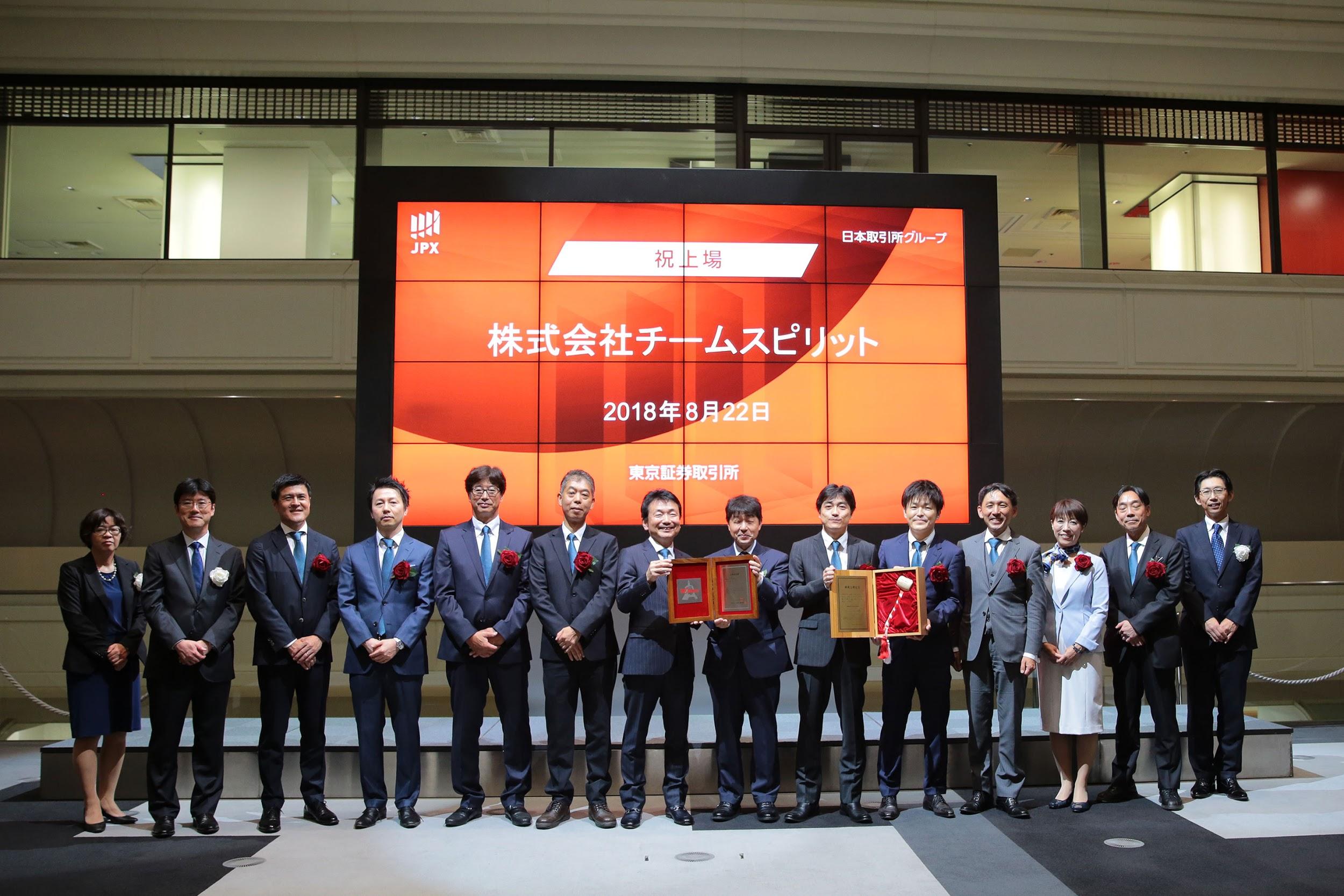
Through the adoption of our product from Japan-based companies, our company grew rapidly and subsequently listed on the Tokyo Stock Exchange in 2018. We are currently a Salesforce Premier Partner, a prestigious accreditation given only to the top 1% of Salesforce partners.
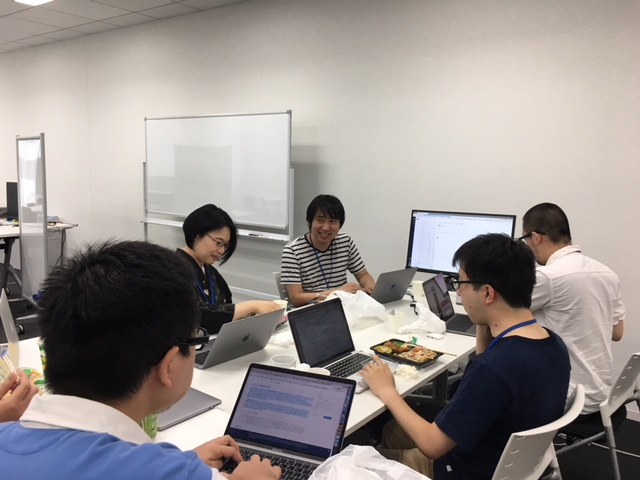
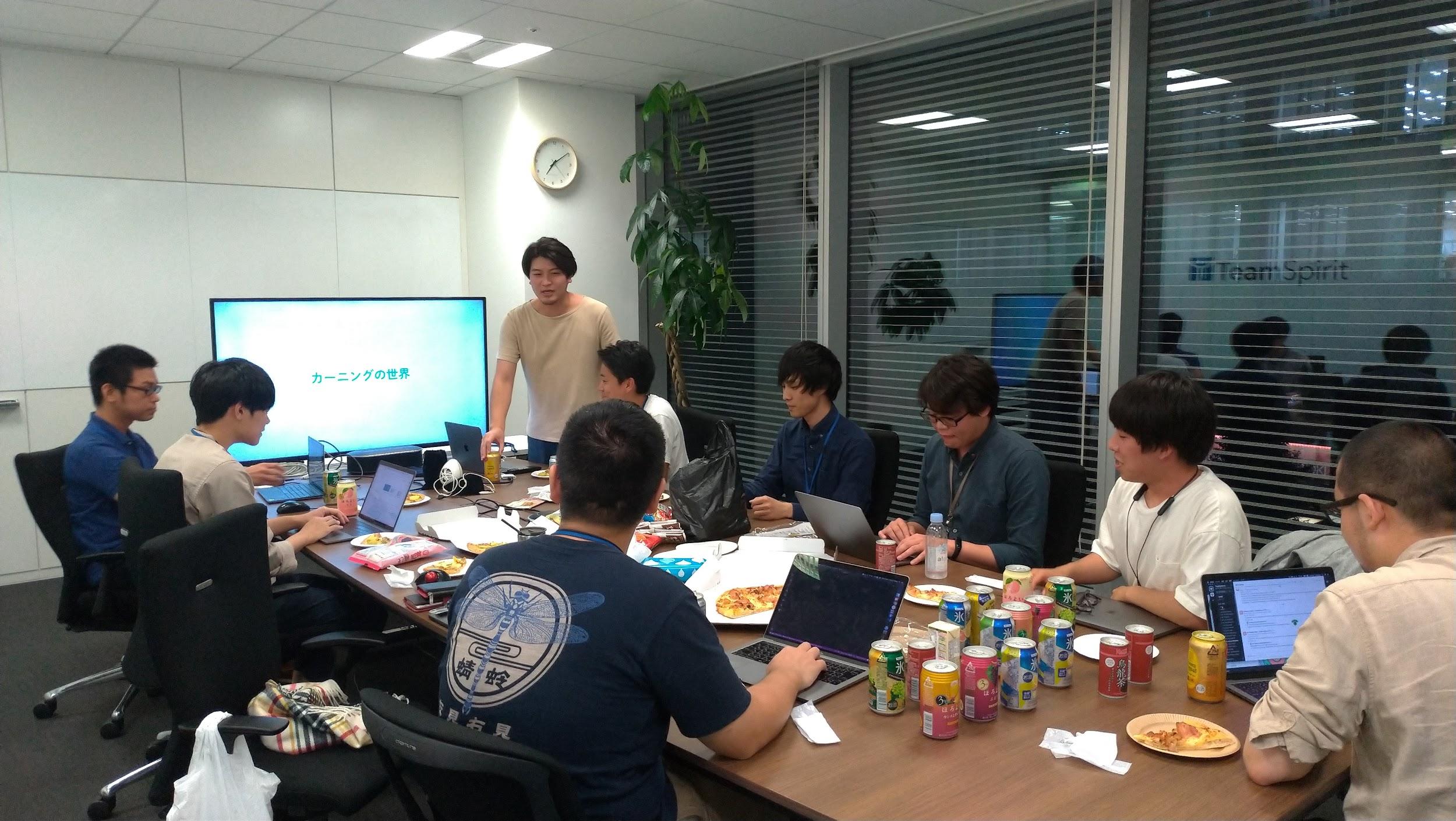
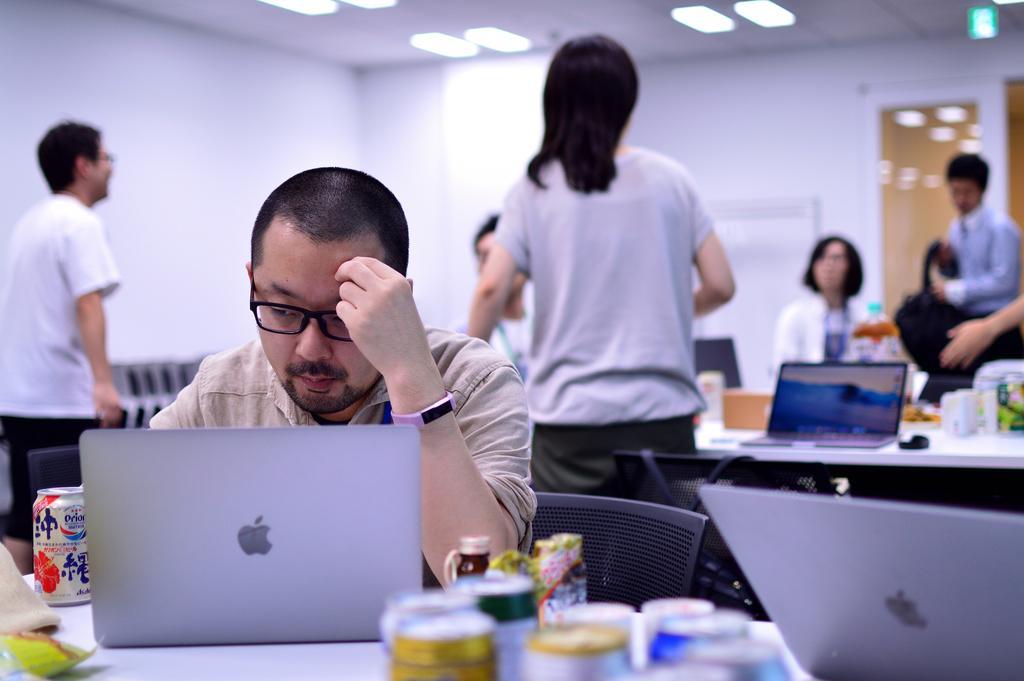
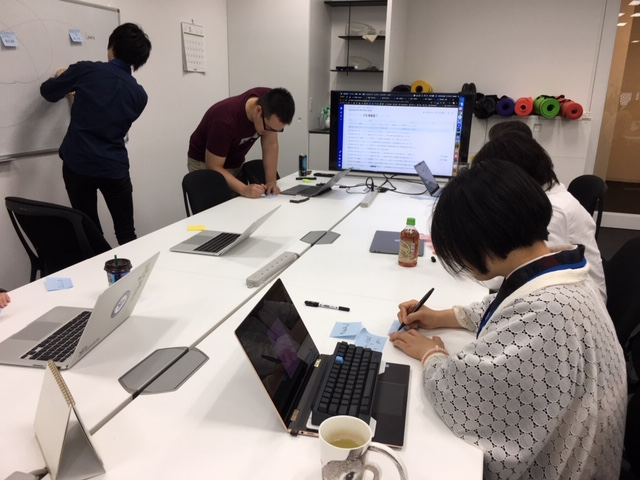
The TeamSpirit Work Environment in Japan
Located in the Kyobashi district in Tokyo, a stone’s throw away from Tokyo Station, the Tokyo office occupies two levels of an otherwise inconspicuous office building.
One of the levels houses the general office area where different teams work together. Being an open office without partitions, it creates a feeling of spaciousness and enables better interaction between individuals and teams.
Furthermore, there are no fixed seating arrangements; people are free to sit where they want. You could be seating with your team members for one day and next to another team in another part of the office the following day!
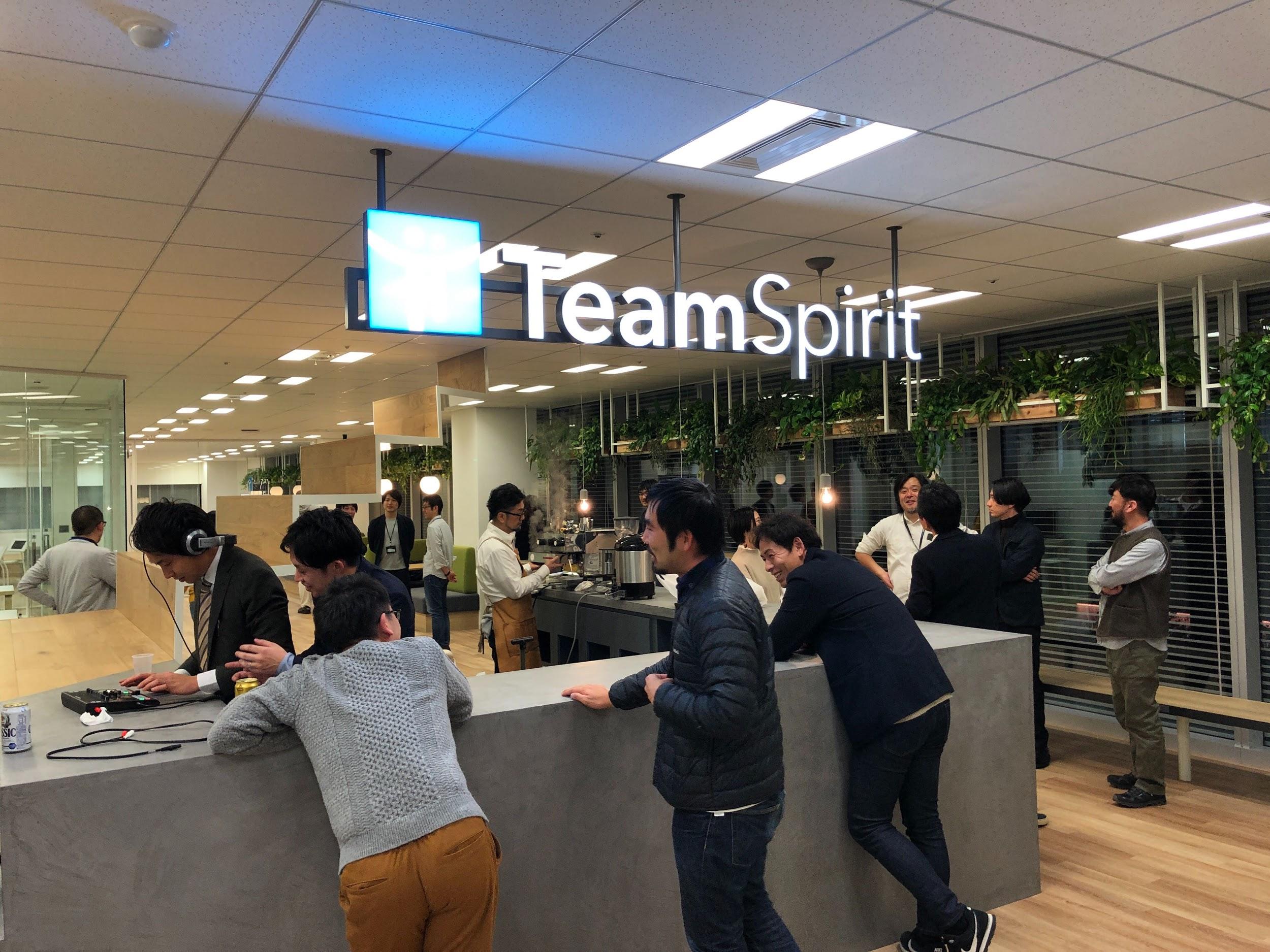
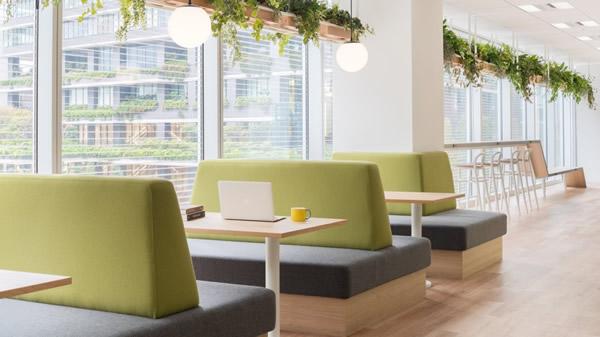
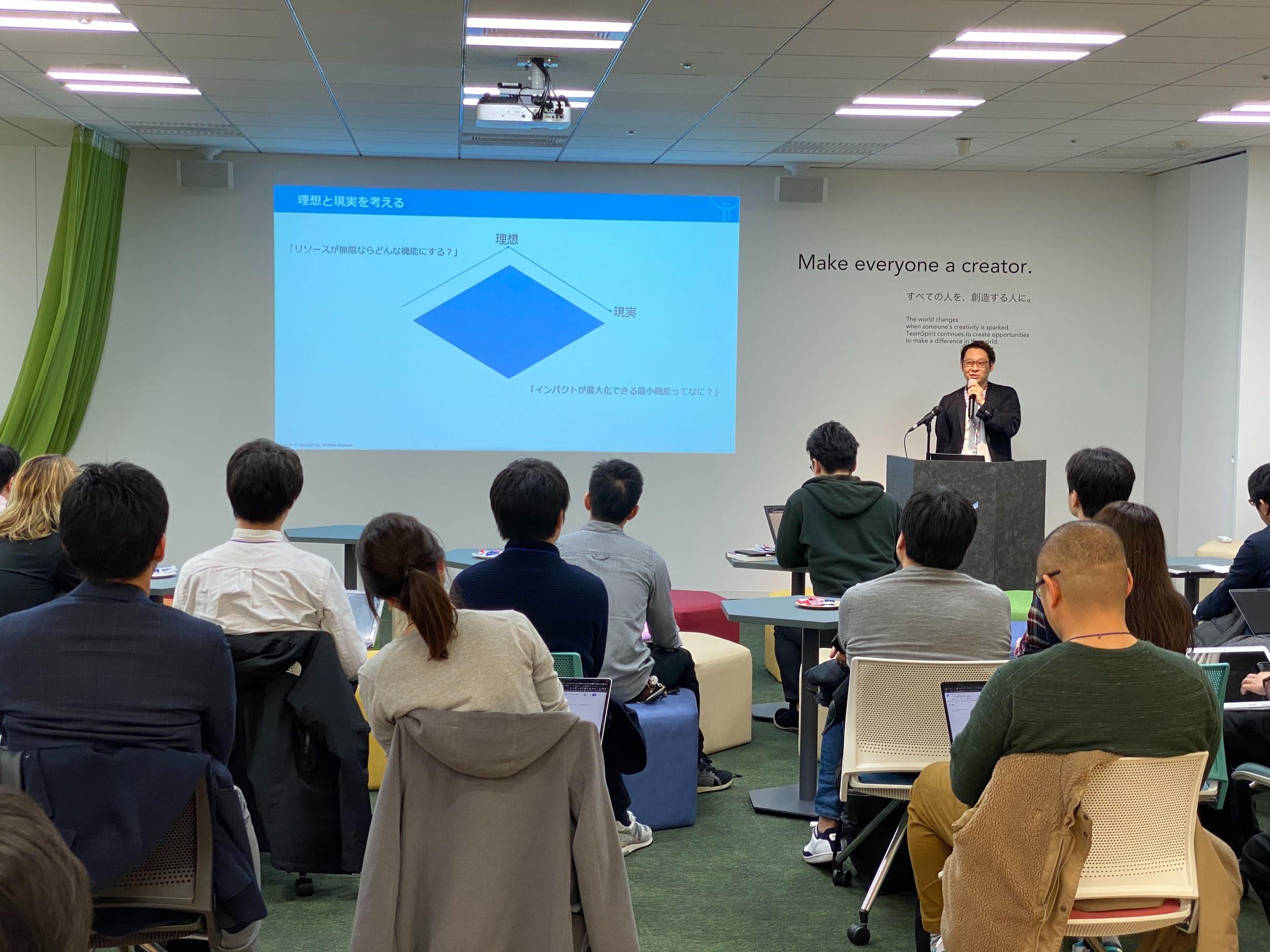
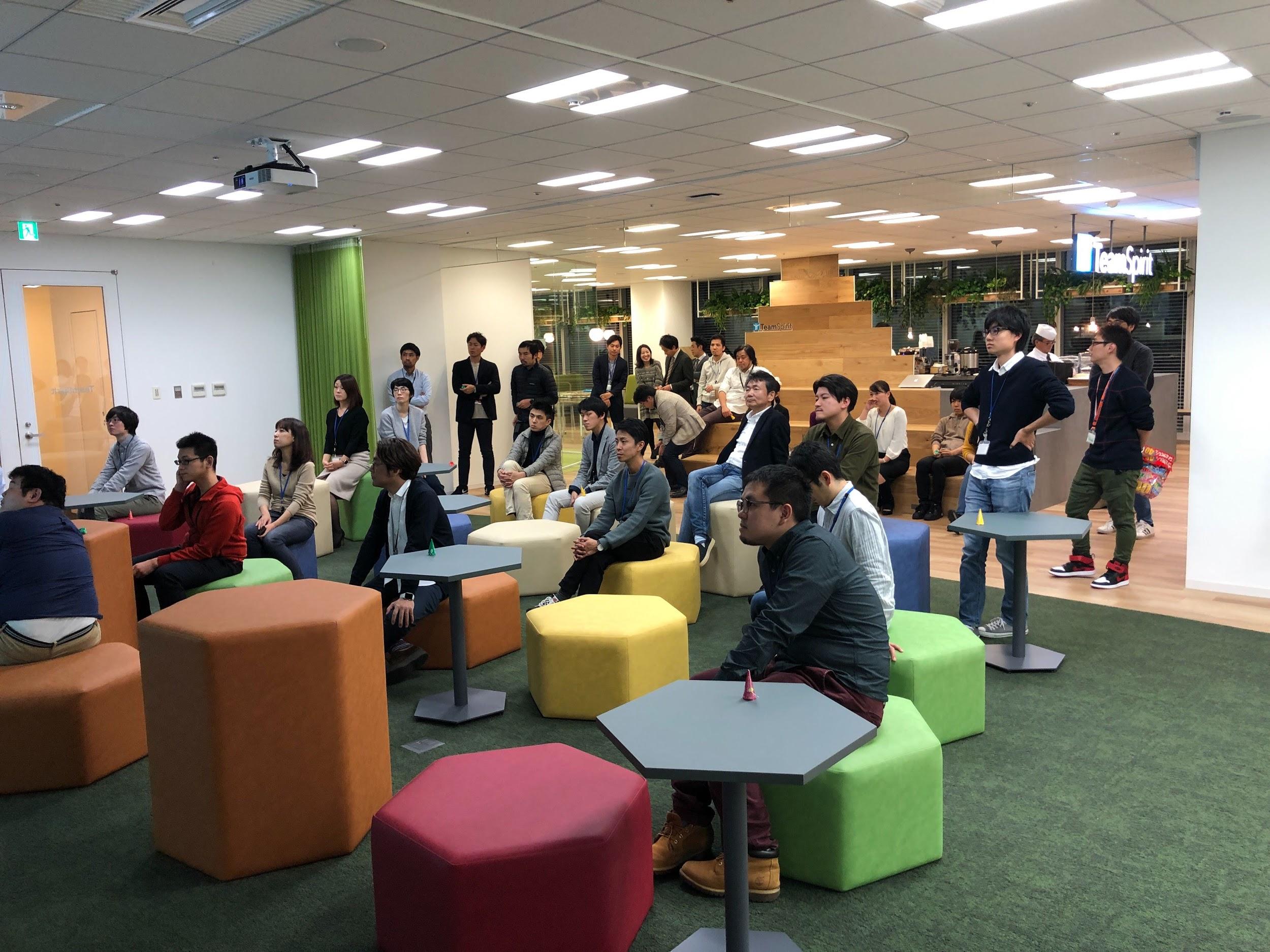
Hosting Industry-Wide Events
The other level is an open space where events are hosted every other week. Events include:
- Project Management night, where Project Managers from TeamSpirit share their experiences and tips on handling customer requirements and the development team,
- Developer sharing workshop, where developers from TeamSpirit and other companies and industries exchange their experience and knowledge, and
- Customer engagement sessions, where customers meet and interact face-to-face with the various teams from TeamSpirit.
These events are normally well received and publicized on the TeamSpirit connpass website.
Work Culture in Japan
The teams in the Japan office make up the main bulk of TeamSpirit with around 80 members spread across various teams and departments, including the Product Development, Business Development and Marketing and Sales teams.
Working culture is generally different from other Japanese companies; work arrangements are negotiable and can be flexible.
For example, individuals can work from home on a regular basis and schedule their daily working hours prior to agreement with the team. Furthermore, apart from engagements with customers and formal events, the Japanese members tend to dress more casually compared to the typical salarymen and women in Japan.
On the whole, the Japan office does not feel like a typical Japanese company; more open in communication and mindset, and less adherence with the old draconian cultural norms. In addition, each of the members are very competent and passionate in what they do.
Singapore — Spirit of Diversity and Creativity
From the outset, TeamSpirit’s goal was to establish a global foothold with teams from diverse backgrounds and skill sets. Singapore was identified as a location where such talents can be easily sourced and a launchpad from where the global product can be created.
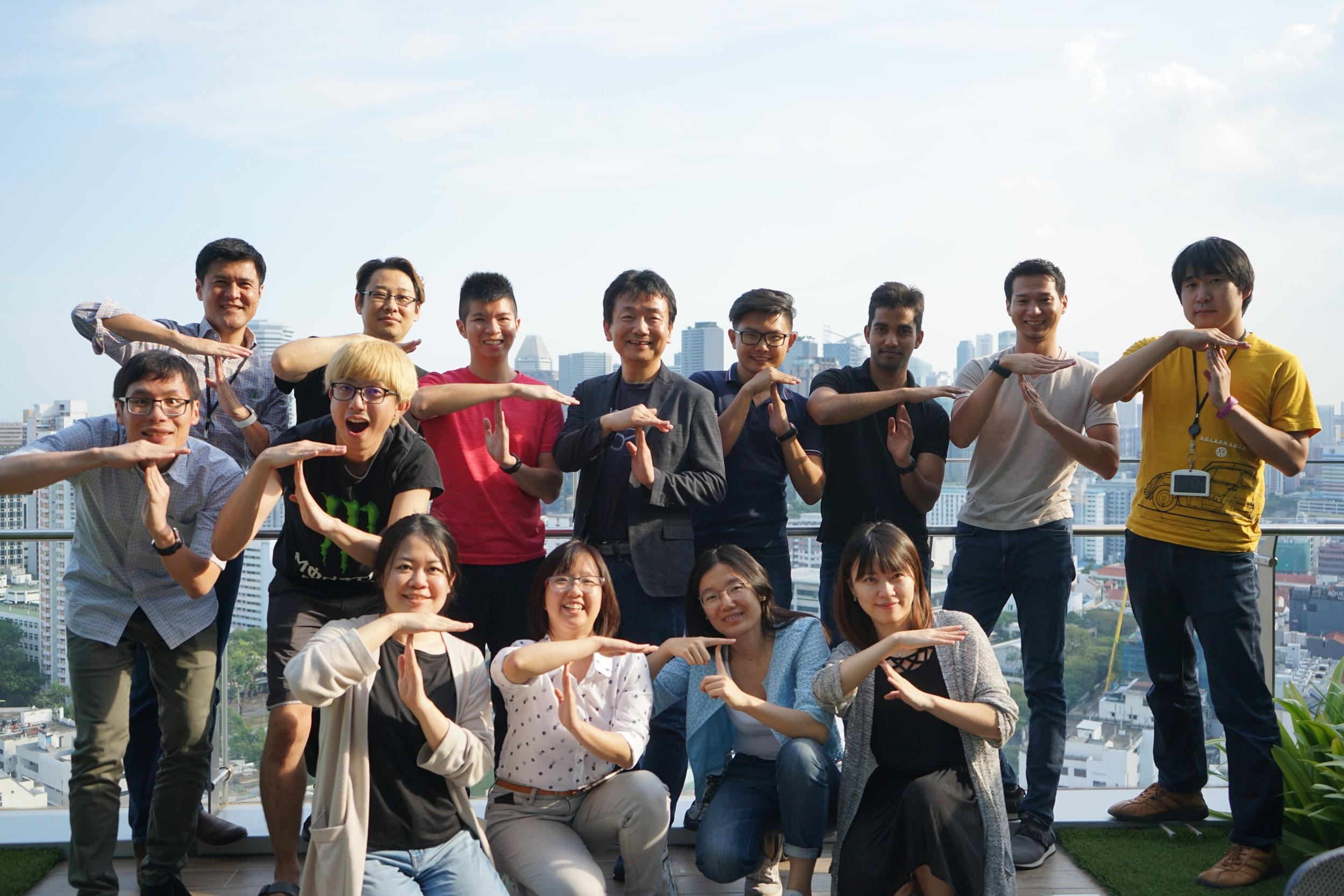
Beginning in 2018, TeamSpirit Singapore began its expansion in search of individuals with similar vision and ambitions. To date, we have around 20 skilled professionals working in Singapore, all coming from different parts of the region with various backgrounds and professions.
Location and Work Culture of TeamSpirit Singapore
Situated near the Central Business District (CBD), the office is housed in a WeWork cosharing space. Thanks to the initiatives provided by WeWork, TeamSpirit Singapore has an avenue to host and participate in various networking activities, including interaction with other companies and hosting local events, such as the Salesforce Administrator meetup and TeamSpirit Community Collaboration event.
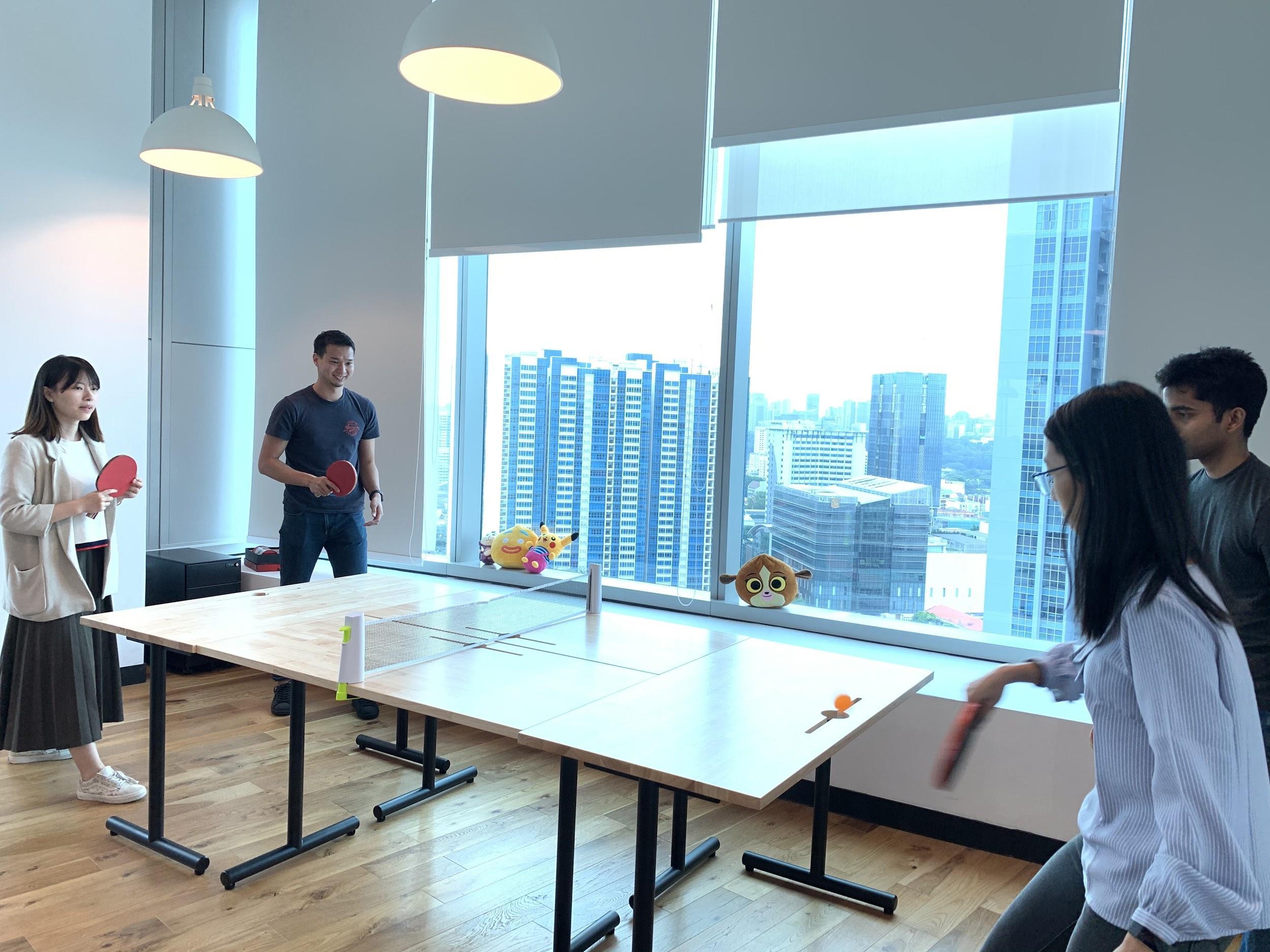
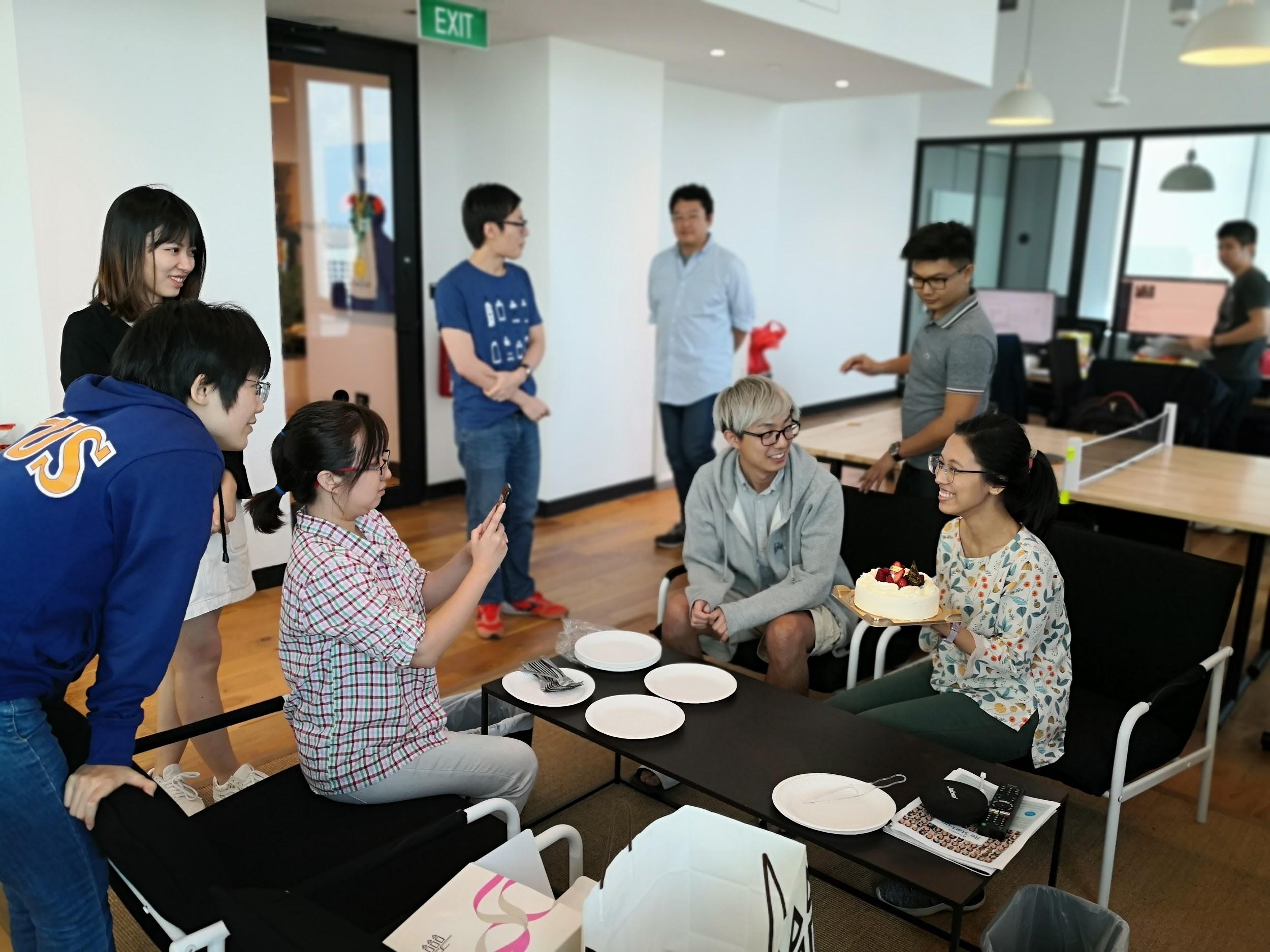
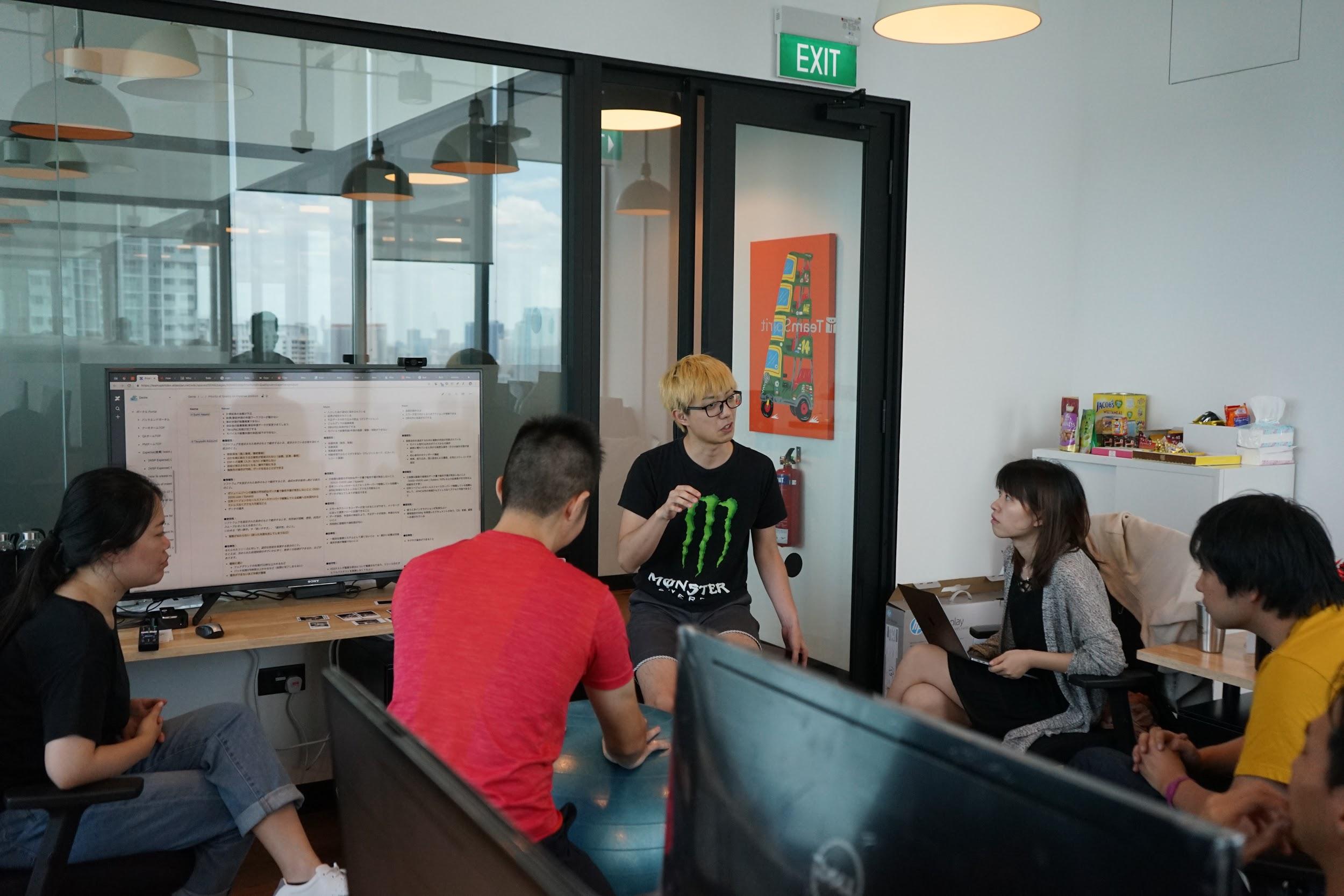
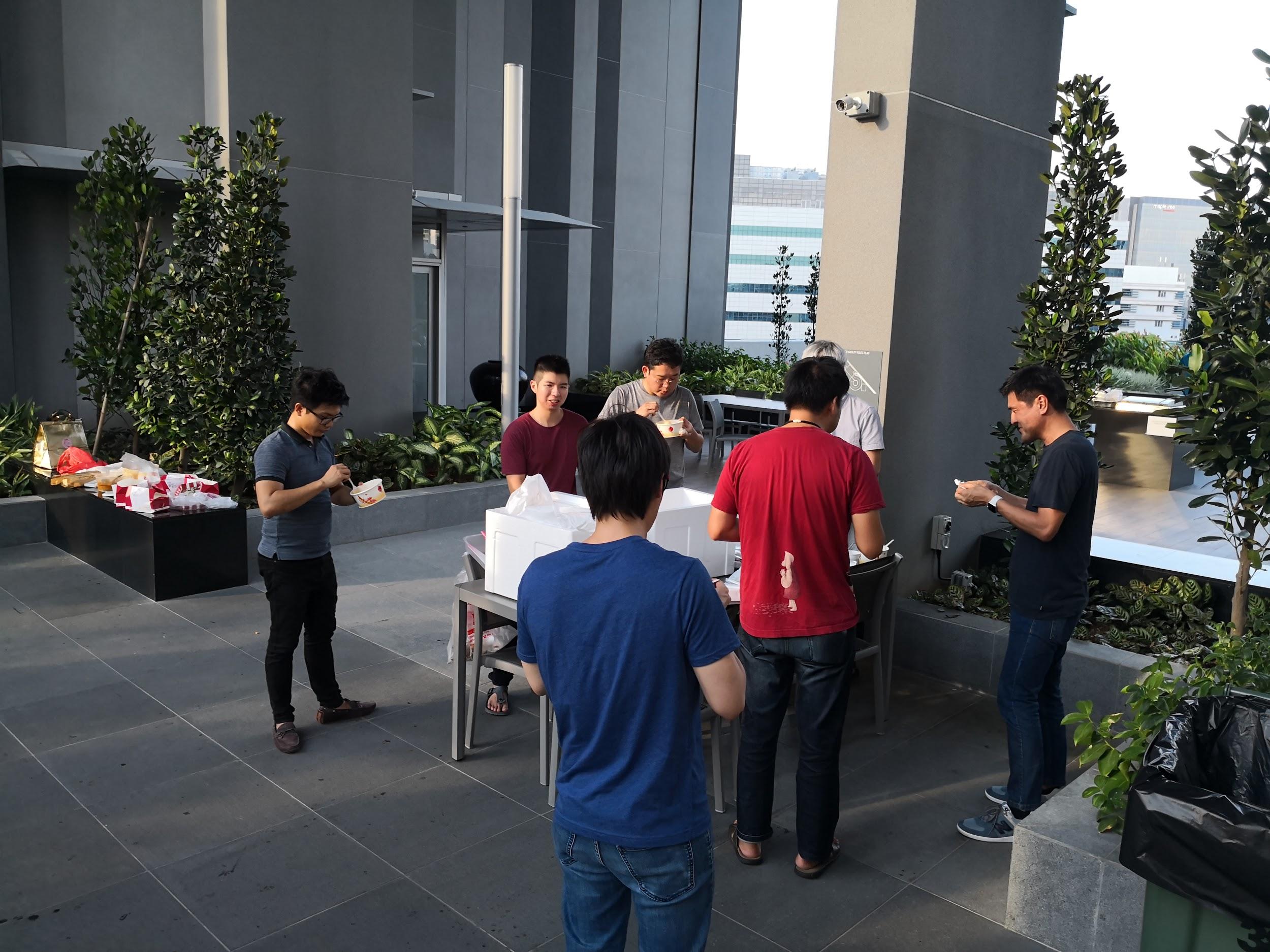
There is a palpable energy and a certain element of fun working in the Singapore office. Apart from the business-end of development work, there are many communal activities to lift the team morale and ease the daily grind.
Examples include daily ping pong and gym sessions and games night every other Friday night. In addition, Singapore members are free to suggest events and activities, and there are also internal sharing sessions for members to share their knowledge, passion and interests with others.
Going Global Is Not Without Challenges
With the help from collaboration tools like Slack and Google Hangouts, frequent and close collaboration on projects and common issues happen daily between the two offices.
Language Barriers
However, being different geographically and culturally, there are a number of hurdles to overcome on both sides.

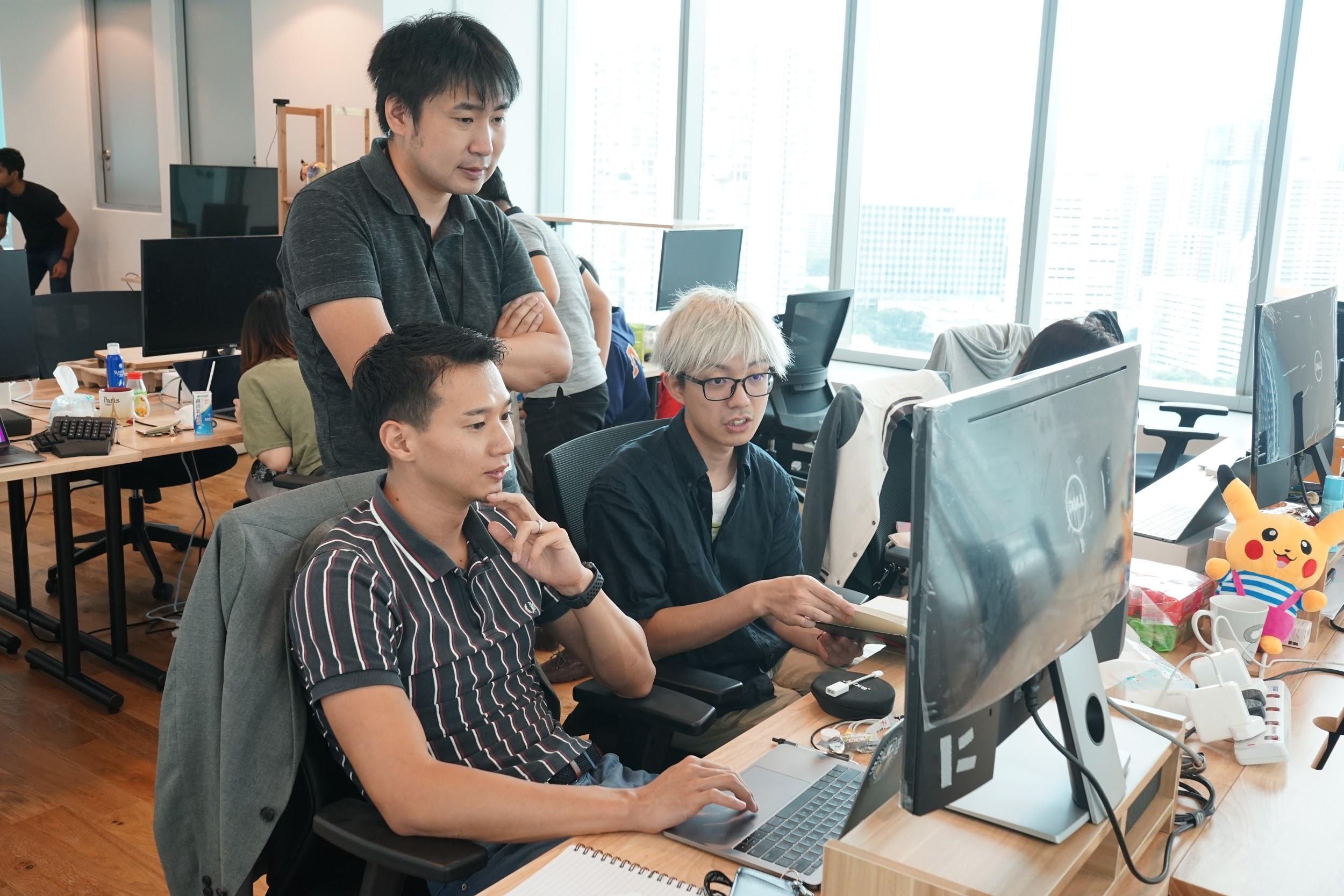
One of the common barriers is language. As the Japan and Singapore offices generally communicate in Japanese and English respectively, it is difficult to understand each other without a common language.
To mitigate such issues, English is primarily used for key communication between the two sides. The Japanese members will take the initiative and try their best to communicate in English even though it is not their primary language.
At the same time, the Singapore members will try to translate Japanese-based information into English to avoid any misunderstanding of the requirements.
Cultural Barriers
Encouraging members to work and communicate with counterparts from another office is also another challenge. Some individuals may feel intimidated by diversity and are afraid of interacting with and speaking to colleagues with different background and cultures.
A strong, understanding and encouraging management motivates individuals to step up and participate in cross-cultural activities. In addition, various initiatives are launched from teams and other individuals to promote more intercultural communication.
For example, chat groups to share common interests and topics are set up. Individuals can join any of these chat groups and freely discuss their personal interests with others to which a common connection can be developed.
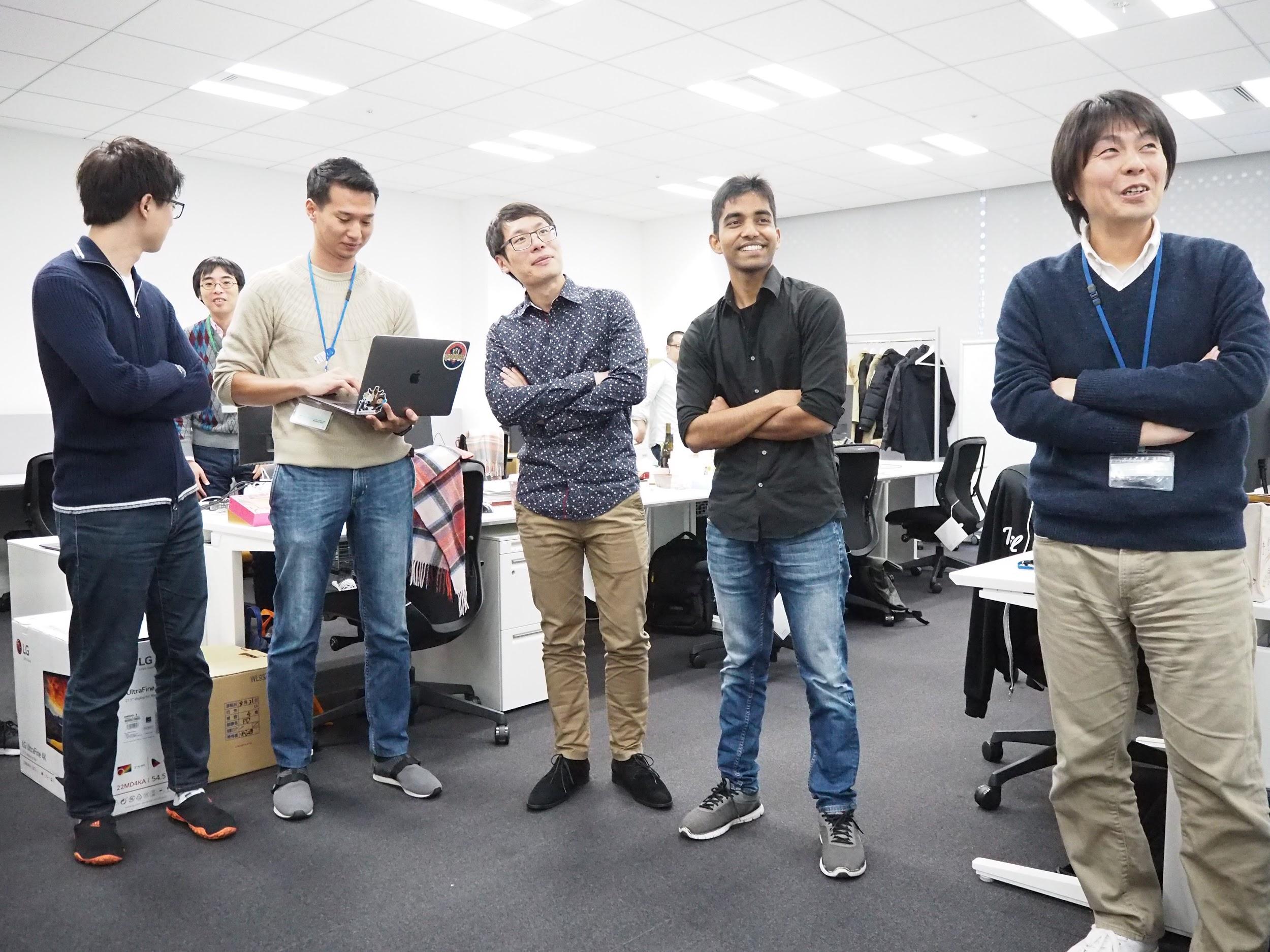
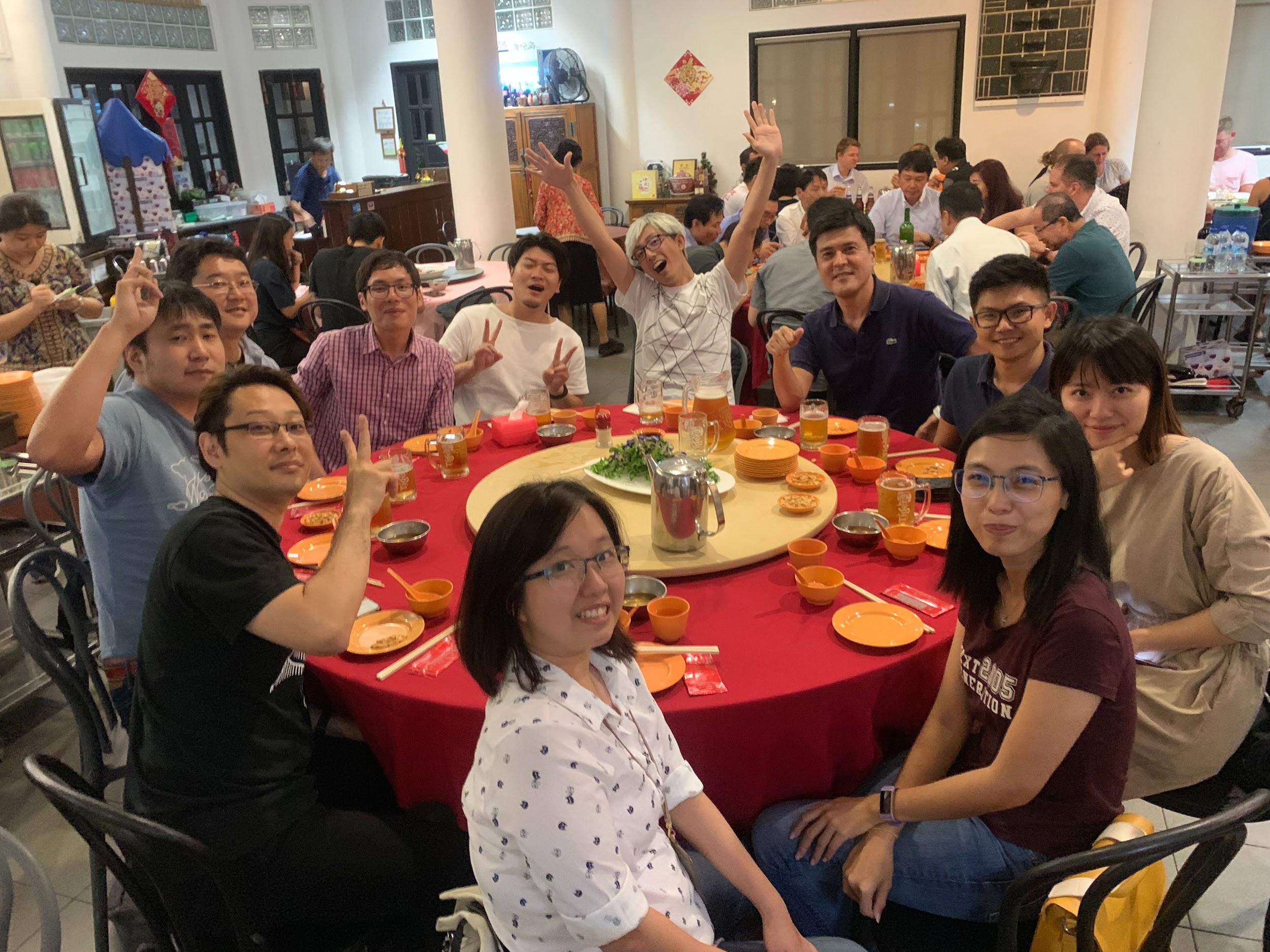
To encourage further interaction amongst different members of TeamSpirit, the company provides various opportunities for members to shuttle between the two offices. Depending on the teams and the tasks, Japanese members can work in the Singapore office and vice versa.
This enables members to better understand each other and work closer together. It also helps to further develop their language and communication skills as they can practice speaking and listening to each other.
Come Join Us In Our Movement, One Workplace At A Time!
Both Japan and Singapore provide the vital engines for TeamSpirit’s global growth. Each has their distinct working style, cultures and strengths. By sharing a vision to create a better digital workspace for everyone, we work together as one entity to achieve this goal.
Of course, focusing on a market in a particular country allows for a more targeted approach and development might be quicker as a result, but having a global outlook increases the base of potential customers and provides access to bigger pools of talents and professionals. Furthermore, it allows more creative inputs from different perspectives to create a more refined and complete product for various trends and demographics.
The globalisation of TeamSpirit does not stop here. We welcome individuals from different backgrounds with the same vision to join us in empowering other individuals and teams, and we look forward to further expansion of TeamSpirit around the world.
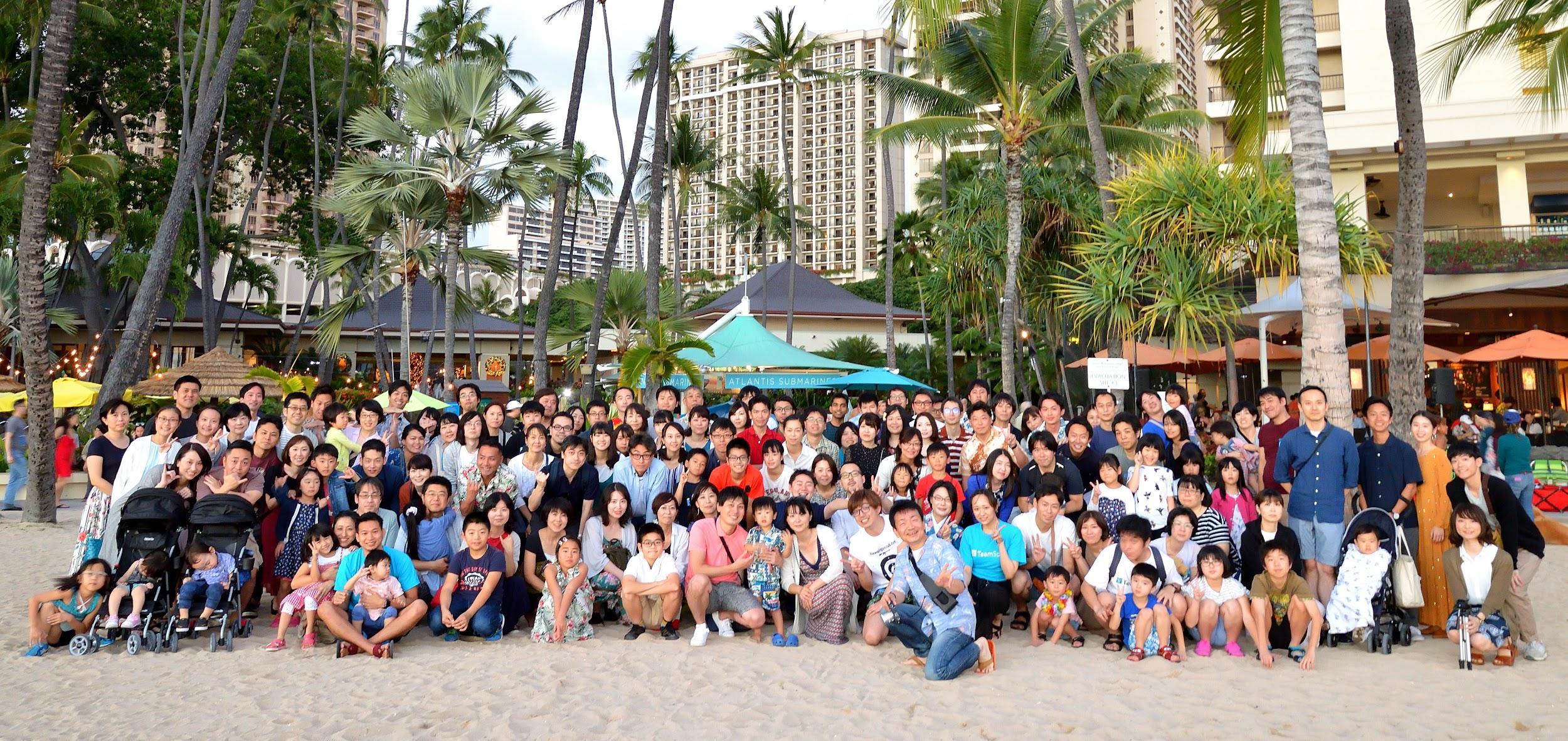
Interested to be part of our diverse team? Let us know!

